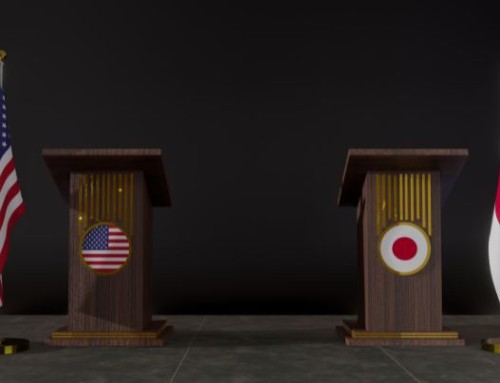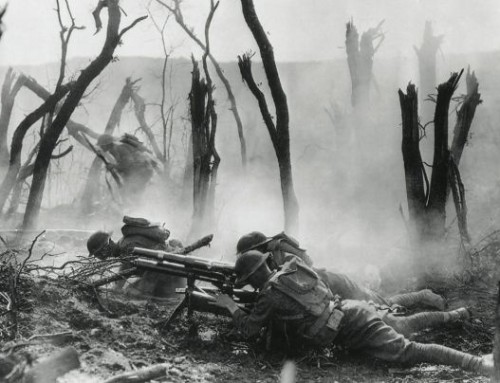Re-assess the Second Amendment? Most people would reject the notion at face value. Others would be more critical. After all, only one amendment, the 18th that prohibited the sale and use of alcoholic beverages, was ever repealed. And most Americans believe that the right to bear and carry arms is sacrosanct.
Yet, beyond the terrible toll gun violence is taking on the nation—-and the horrific killings in a Florida school last week are the latest outrage—-there is another fundamental reason for re-examining this amendment. The amendment reads “A well regulated militia, necessary to the security of a free state, the right of the people to bear and carry arms shall not be infringed.” What is often missed is that the rationale for a “well regulated militia” arose from Article I of the Constitution establishing the legislative branch.
Article I gives only Congress the power “to raise an army and maintain a navy.” In 1789, after the Constitution came into force, the need for a large standing army was rejected. In the event of a crisis, state militias would provide the armed forces the nation would need at least initially. State militias were also necessary as a further check on the power of the federal government. Because ships took much longer to build than armies, and states had no navies, the requirement for maintaining a navy was understood.
Until World War II ended, America only raised large armies to fight wars. In 1947, the National Security Act created “unified” the services under a department of defense and created a separate Air Force. Since then, Congress’s authorization and appropriation of monies for the Defense Department have legalized large standing forces. However, a clear contradiction exists between Article I andjustifying the laws justifying maintaining rather than raising an army.
Over time, state militias have evolved into national guards. National Guards have two chains of command. Routinely, each reports to its governor. But the Federal Government also has claim on the Guard. Indeed, a four star officer overseeing the Guard and Reserve has become a member of the Joint Chiefs. Guard and Reserve forces are critical to the active duty military augmenting both numbers and broad capabilities essential to defending the nation.
Given that well-regulated militias have been transformed into national guards with federal responsibilities and integration in the Defense Department chain of command and the army is no longer raised, it is self-evident that the Second Amendment, much as the Eighteenth was, is quite obsolete. And while the Supreme Court has repeatedly validated the right of individuals to bear and carry arms, with some limits noted in the Heller Decision of 2008, that was never the intention of the Founding Fathers.
The Founding Fathers believed and argued that arms were to be borne in the context of state militias. Indeed, for decades, guns and gun control were non-issues. As far as gun control, even in the Wild West, many towns and cities required guns to be checked at city limits to prevent violence. No one claimed Second Amendment rights were being impinged then.
From the 1960’s, all that changed. Propelled by the National Rifle Association, the right to bear and carry arms has become explosively charged. Indeed, “guns, gays, God and gestation periods” have become battle flags in American politics. In no other civilized democracy has any of these issues reached similar levels of political and often violent debate.
The chance that any serious review of the Second Amendment will follow is zero. The Constitutional authority to raise an army has been ignored in practice. The same applies to the change of well regulated militias to national guards. And even though the original intent of the Second amendment was not to extend the right to bear and carry to virtually all citizens, courts have reversed that interpretation.
The U.S. absolutely needs standing armed forces of quality and sufficient quantity to defend the nation. Raising an army is obsolete and unworkable in the security environments, challenges and dangers facing the nation. But, contradictions exist. In a perfect world, common sense would lead to fixing these inconsistencies.
Common sense unfortunately is in short supply today. Several conclusions are clear. The Congress will not act to contain gun violence or undertake a sensible review of the Second Amendment. More shootings such as occurred at Sandy Hook in 2012 or Lakeland last week will persist and likely increase. While we are fearful of Islamic State terrorists killing Americans here, the greater threat is gun violence at schools and in the work place. But who is listening?
______________________________ ______________________________
Harlan Ullman served as Senior Advisor for Supreme Allied Commander Europe for twelve years and currently at the Atlantic Council and chairs two private companies. His latest book is Anatomy of Failure: Why America Loses Every War It Starts and he can be reached @harlankullman.






Leave A Comment